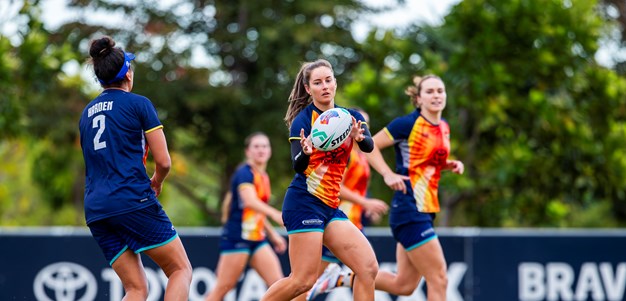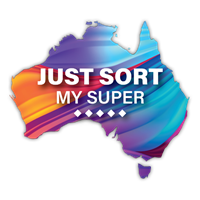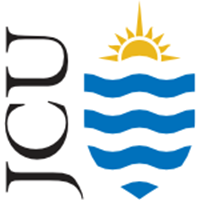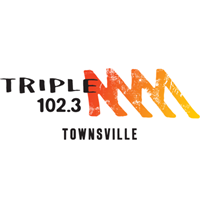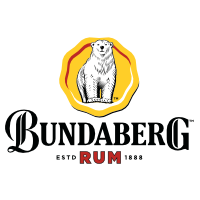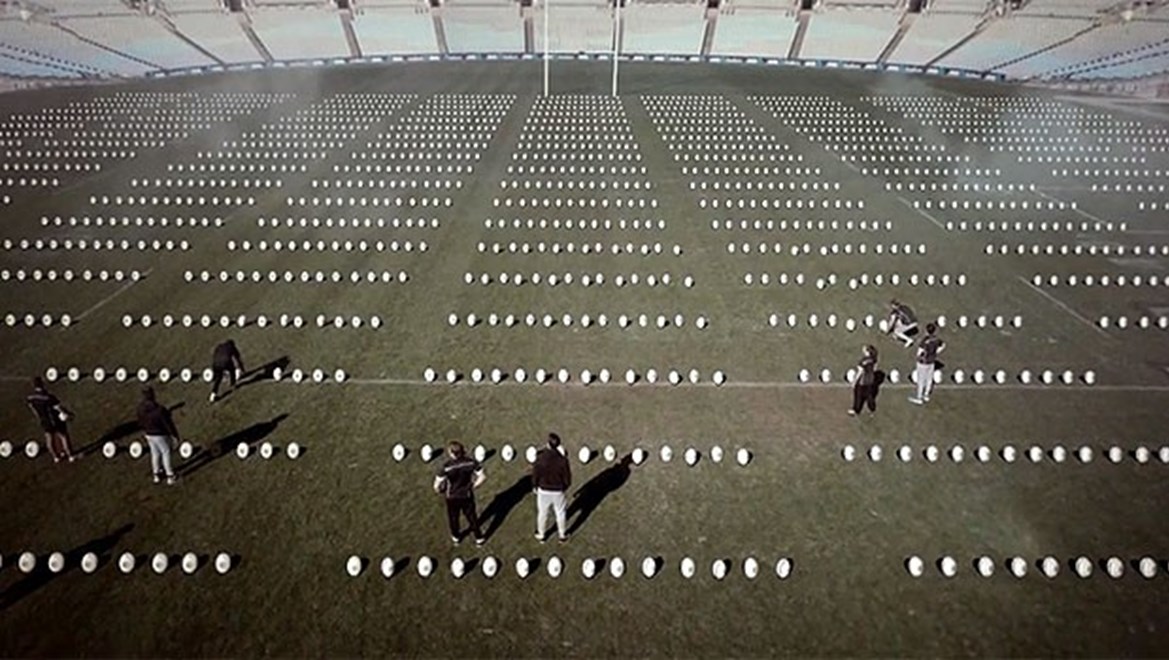

The NRL has today unveiled a new campaign to tackle bowel cancer and encourage Australians to take a bowel cancer detection survey.
As Australia’s second biggest cancer killer, each year 4,000 people die from the disease and 15,000 cases are detected.
The ‘NRL Kick Bowel Cancer’ campaign has been produced in collaboration with The Gut Foundation, Cancer Council NSW and Bowel Cancer Australia.
The campaign will run across the 2014 NRL Telstra Premiership Finals Series with the aim of raising awareness, reducing stigmas and encouraging people to take action to prevent the disease.
“Through the power of rugby league and the voice of our players and our ambassadors, we recognise that we can make a positive impact on issues like bowel cancer,” NRL head of community Adam Check said.
NRL ambassador Alan Tongue and Sharks team member Chris Heighington have thrown their support behind the campaign, having felt the impact of the disease with family members.
Heighington, who is also a Bowel Cancer Australia ambassador, stresses the importance of regular check-ups and seeking advice from your doctor.
“The NRL Kick Bowel Cancer campaign is close to my heart with my dad being diagnosed at the age of 65,” he said.
“He was lucky enough to survive but not everyone is as fortunate.
“There is no shame in getting checked and going to your GP.”
As part of the campaign the NRL has launched a television commercial and a website which hosts a bowel cancer risk assessment survey, along with tips and information.
“In rugby league we talk about our preparation being the key to success,” Alan Tongue said.
“With bowel cancer it’s the same thing – early detection plays a major role in beating the disease.
“So if you have any concerns always talk to your doctor as soon as possible.”
View the TV commercial and take the risk self-assessment at nrlkickbowelcancer.com.au.
